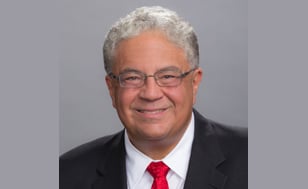Federal health care programs such as Medicare, Medicaid, CHAMPUS, VA, etc. are prohibited from issuing payments for goods or services that are directly or indirectly provided by an individual or entity that has been deemed by the Office of Inspector General as “excluded.” This article will explain what it means to be an “excluded” individual or entity and the negative effects a health care practice could suffer if it engages, employs, or consults with an excluded person or organization.
The Office of Inspector General (OIG) (U.S. Department of Health and Human Services) has the authority to exclude individuals and entities from federally funded health care programs pursuant to Sections 1128 and 1156 of the Social Security Act and maintains a list of all currently excluded individuals and entities called the List of Excluded Individuals and Entities (LEIE). Anyone who hires an individual or entity on the LEIE may be subject to civil monetary penalties (CMP).
This content has been archived. It is available through our partners, LexisNexis® and Bloomberg Law.
To view this content, please continue to their sites.
Not a Lexis Subscriber?
Subscribe Now
Not a Bloomberg Law Subscriber?
Subscribe Now
LexisNexis® and Bloomberg Law are third party online distributors of the broad collection of current and archived versions of ALM's legal news publications. LexisNexis® and Bloomberg Law customers are able to access and use ALM's content, including content from the National Law Journal, The American Lawyer, Legaltech News, The New York Law Journal, and Corporate Counsel, as well as other sources of legal information.
For questions call 1-877-256-2472 or contact us at [email protected]



